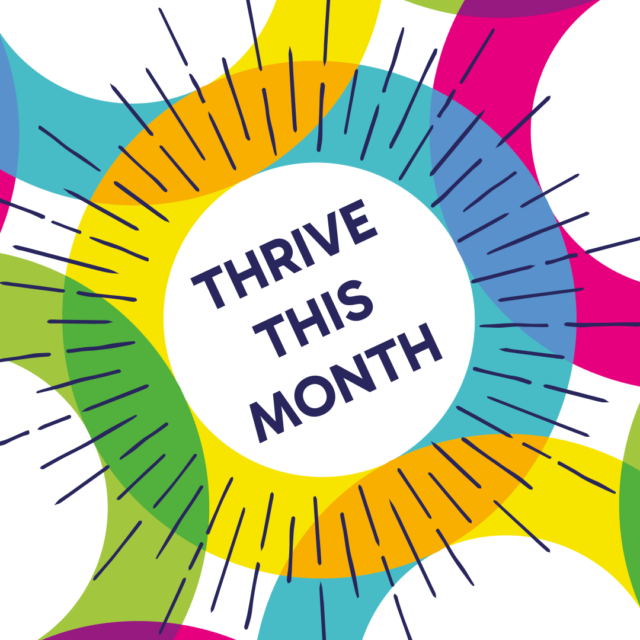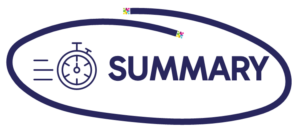
07 March 2024
The Zeigarnik Effect
In the quest for better productivity and improved work-life balance, understanding the nuances of cognitive psychology can provide valuable insights. One such concept is the Zeigarnik Effect, a psychological phenomenon that sheds light on why unfinished tasks linger in our minds and how this impacts our overall wellbeing. By exploring the Zeigarnik Effect, we can identify strategies to enhance workplace wellbeing and achieve a more harmonious balance between work and personal life.
What is the Zeigarnik Effect?
Named after Russian psychologist Bluma Zeigarnik, the Zeigarnik Effect refers to the tendency for people to remember incomplete or interrupted tasks better than completed ones. Zeigarnik discovered this phenomenon in the 1920s when she observed that waiters could remember the details of unpaid orders better than those that had been settled. This effect highlights how our cognitive system is designed to keep track of unfinished tasks, often leading to persistent thoughts about them until they are completed.
Impact of the Zeigarnik Effect on Work-Life Balance
Understanding the Zeigarnik Effect is crucial for managing work-life balance, as the constant mental burden of unfinished tasks can lead to stress and burnout. Here’s how it affects work-life balance:
- Persistent Cognitive Load – Unfinished tasks can create a constant mental load, causing anxiety and reducing our ability to focus on the task at hand. This can spill over into personal time, making it hard to truly relax and unwind.
- Reduced Productivity – When your mind is preoccupied with incomplete tasks, it can affect your productivity. You may find yourself repeatedly revisiting the same issues, leading to inefficiencies and prolonged work hours.
- Impact on Wellbeing – The stress of not completing tasks can take a toll on mental health. It may contribute to feelings of overwhelm and decrease overall job satisfaction.
Strategies to Enhance Workplace Wellbeing
To leverage the Zeigarnik Effect in a way that supports wellbeing and productivity, consider the following strategies:
- Implement Task Segmentation – Break down larger projects into smaller, manageable tasks. Completing these smaller tasks provides a sense of accomplishment and reduces the mental burden of having a significant amount of work hanging over you.
- Create a “Done” List – Alongside your to-do list, maintain a “done” list where you record completed tasks. Seeing your accomplishments can help shift focus from what remains unfinished to what has already been achieved, alleviating cognitive load.
- Adopt the Pomodoro Technique – Use the Pomodoro Technique, which involves working in focused intervals (usually 25 minutes) followed by short breaks. This method helps create a sense of progress and closure within each interval, reducing the psychological impact of unfinished tasks.
- Prioritise and Schedule Tasks – Prioritising tasks and scheduling them can help manage workload effectively. By setting clear deadlines and creating a structured plan, you can reduce the chances of tasks remaining incomplete.
- Incorporate Regular Check-ins – Regularly review your progress and adjust priorities as needed. Scheduled check-ins with yourself or your team can help ensure that tasks are completed in a timely manner and that any obstacles are addressed promptly.
- Foster a Supportive Work Environment – Encourage open communication and support within teams. A collaborative environment where team members feel comfortable discussing and resolving unfinished tasks can reduce the mental load on individual workers.
- Establish Clear Boundaries – Set clear boundaries between work and personal life. When you leave work, make a conscious effort to disconnect and engage in activities that help you relax and recharge. This practice helps to reduce the cognitive burden of work-related tasks during personal time.
- Mindfulness and Stress Management – Practice mindfulness and stress management techniques. Mindfulness can help you stay present and manage the mental load of unfinished tasks, while stress management strategies like meditation and exercise can improve overall wellbeing.

Summary
The Zeigarnik Effect offers valuable insights into how unfinished tasks impact our cognitive processes and work-life balance. By implementing strategies that address this psychological phenomenon, we can enhance productivity, reduce stress, and create a healthier work environment. Embracing task segmentation, effective scheduling, and supportive workplace practices are key to mitigating the effects of the Zeigarnik Effect and promoting overall wellbeing. By understanding and leveraging this psychological insight, we can create a more balanced and fulfilling work-life experience.
Are you wondering how our wellbeing workshops and ‘Work and Wellbeing Coaching’ might support your employees? If you’re interested in exploring how these paradigms can be applied to improve your workplace, or if you want to learn more about our Work and Wellbeing coaching programmes, we are here to help. Together, we can create a thriving environment where both productivity and personal satisfaction are maximised.




